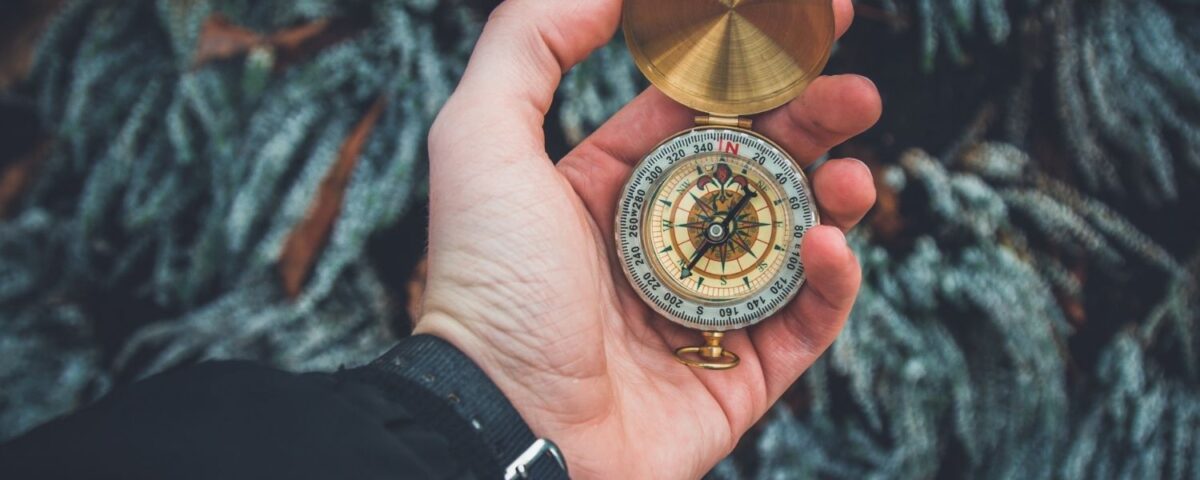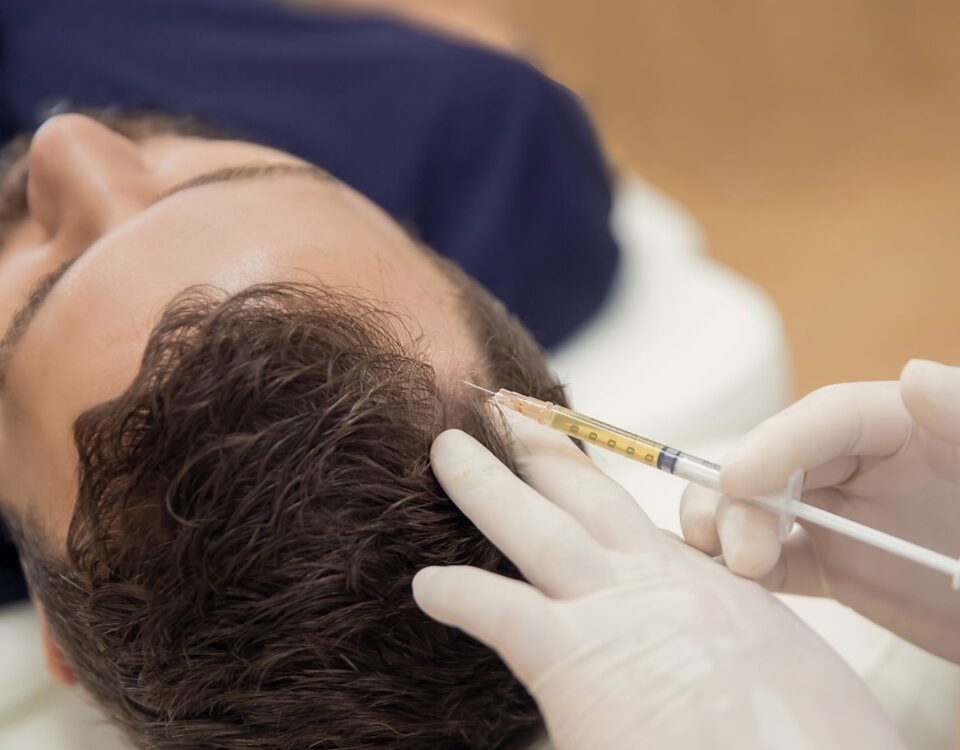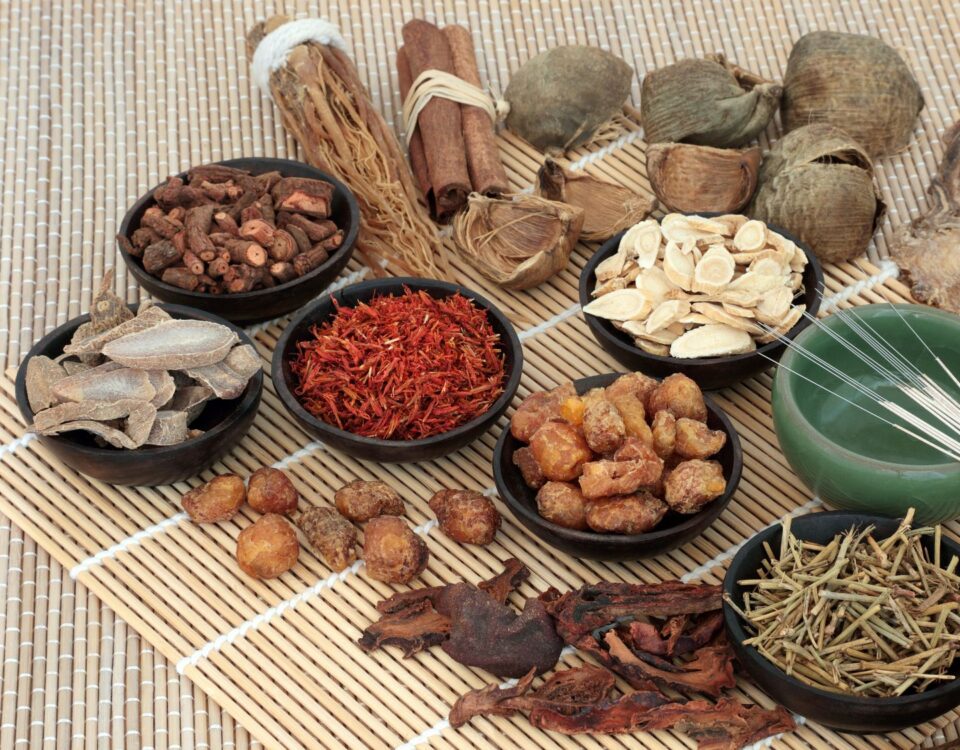
Embracing Hair Loss: Lifestyle and Fashion Tips to Boost Your Confidence
January 15, 2024
What Does the NHS Say About Hair Loss Treatments?
January 16, 2024Hair loss, a common problem that affects both men and women, can cause significant psychological distress. While many conventional treatments are available, such as minoxidil (Rogaine) or finasteride (Propecia), not everyone responds well to these medications. Some people may also prefer a more natural approach. Hence, this article explores the world of alternative therapies for hair loss, providing valuable insights and research-backed data for those seeking different treatment options.
Understanding Hair Loss
Hair loss, also known as alopecia, can occur due to various factors, including genetics, hormonal imbalance, stress, nutritional deficiencies, and certain medical conditions. It’s crucial to understand the underlying cause of your hair loss to choose the most effective treatment strategy.
Alternative Therapies for Hair Loss
Numerous alternative therapies for hair loss have shown promising results in various studies. These include:
- Essential Oils: Essential oils like lavender, rosemary, and peppermint have been found to promote hair growth in several studies. Regular scalp massage with these oils can increase blood circulation and stimulate hair follicles.
- Acupuncture: This ancient Chinese therapy, which involves inserting needles into specific points on the body, has been used to treat hair loss. A 2015 study found that acupuncture could significantly improve hair growth in patients with alopecia areata, a type of hair loss that causes patches of baldness.
- Nutrition and Supplements: A diet rich in vitamins and minerals, especially biotin, iron, and vitamin D, can promote hair health. Additionally, supplements like saw palmetto and omega-3 fatty acids may also help reduce hair loss.
- Herbal Remedies: Herbs like ginseng and aloe vera are often used in traditional medicine for hair growth. However, more research is needed to confirm their effectiveness.
- Scalp Massage: Scalp massage can stimulate blood flow to the scalp and improve hair growth. A2016 study found that a four-minute daily scalp massage could increase hair thickness.
Remember, before starting any alternative therapy, it’s essential to consult with a healthcare professional to ensure it’s safe and suitable for you.
The Science Behind Alternative Therapies
While alternative therapies for hair loss may not have as much scientific backing as conventional treatments, growing evidence supports their effectiveness. However, as with any treatment, individual results may vary, and what works for one person may not work for another. Therefore, it’s essential to have realistic expectations and give any treatment enough time to work.
Conclusion
While hair loss can be distressing, numerous alternative therapies can help manage the condition. From essential oils and acupuncture to nutritional supplements and scalp massage, these natural treatments offer hope for those seeking different approaches to hair loss treatment. Remember, it’s always best to consult with a healthcare professional before starting any new treatment to ensure it’s safe and suitable for you.




